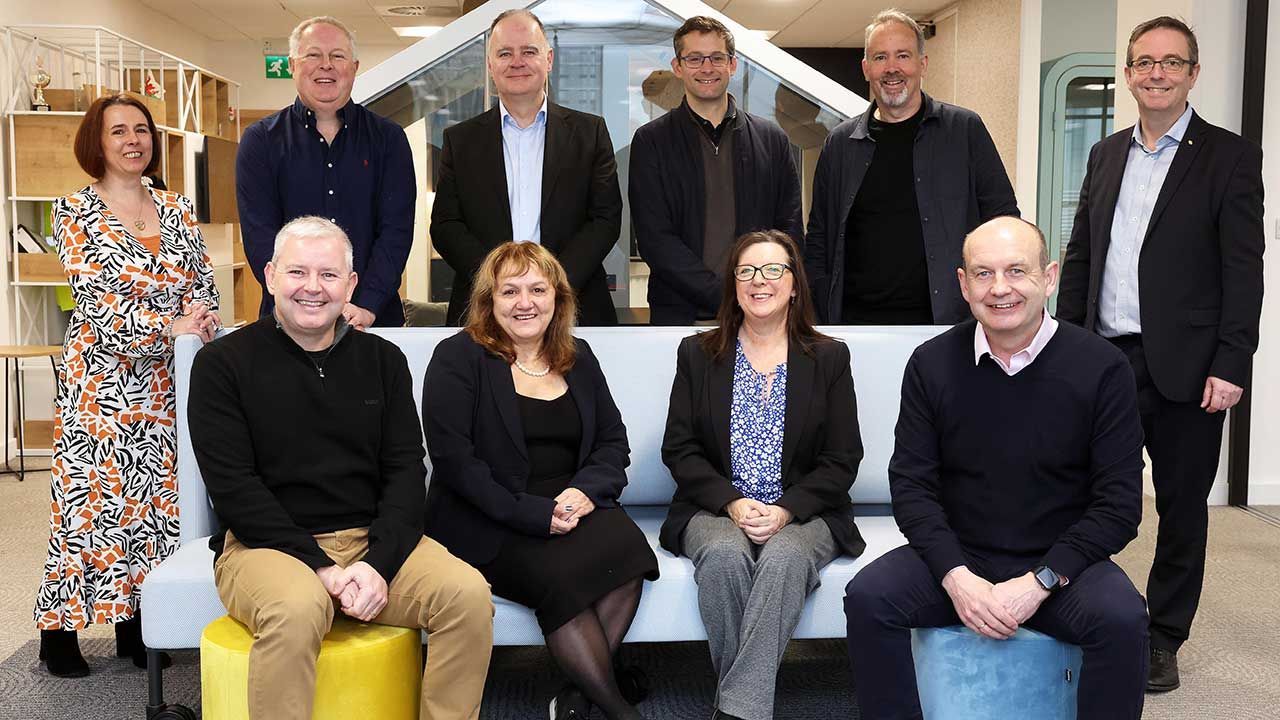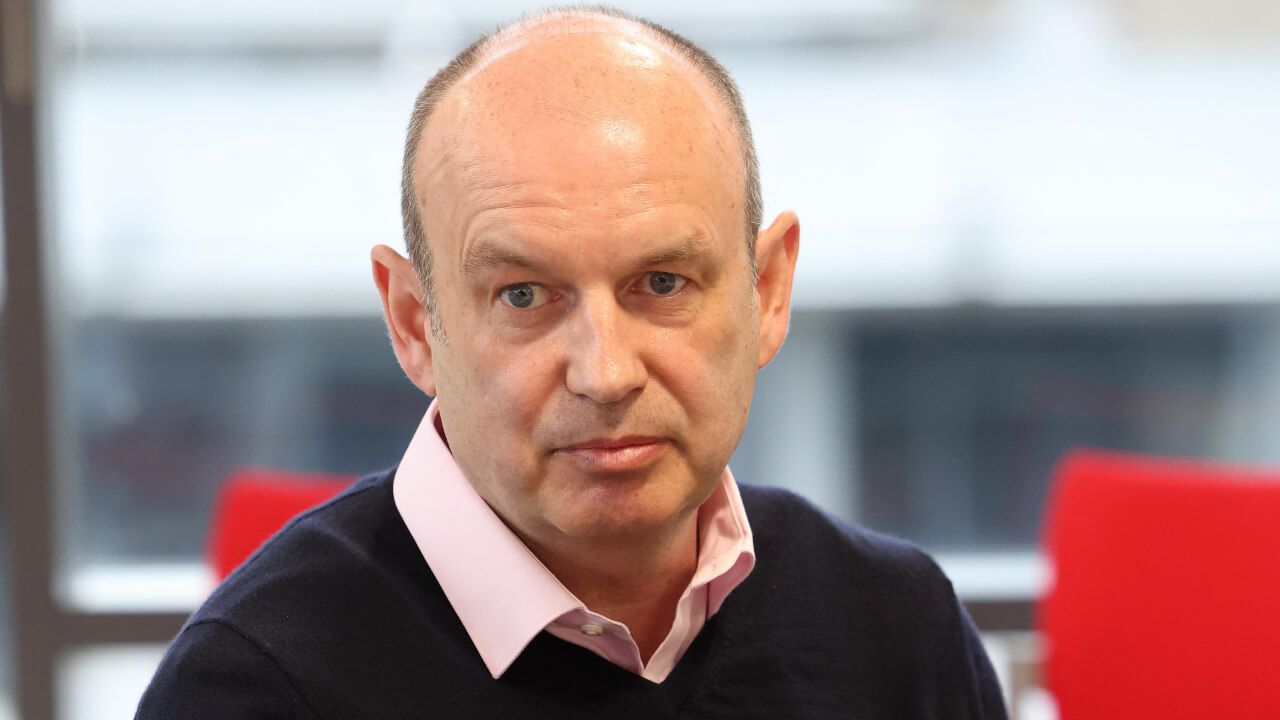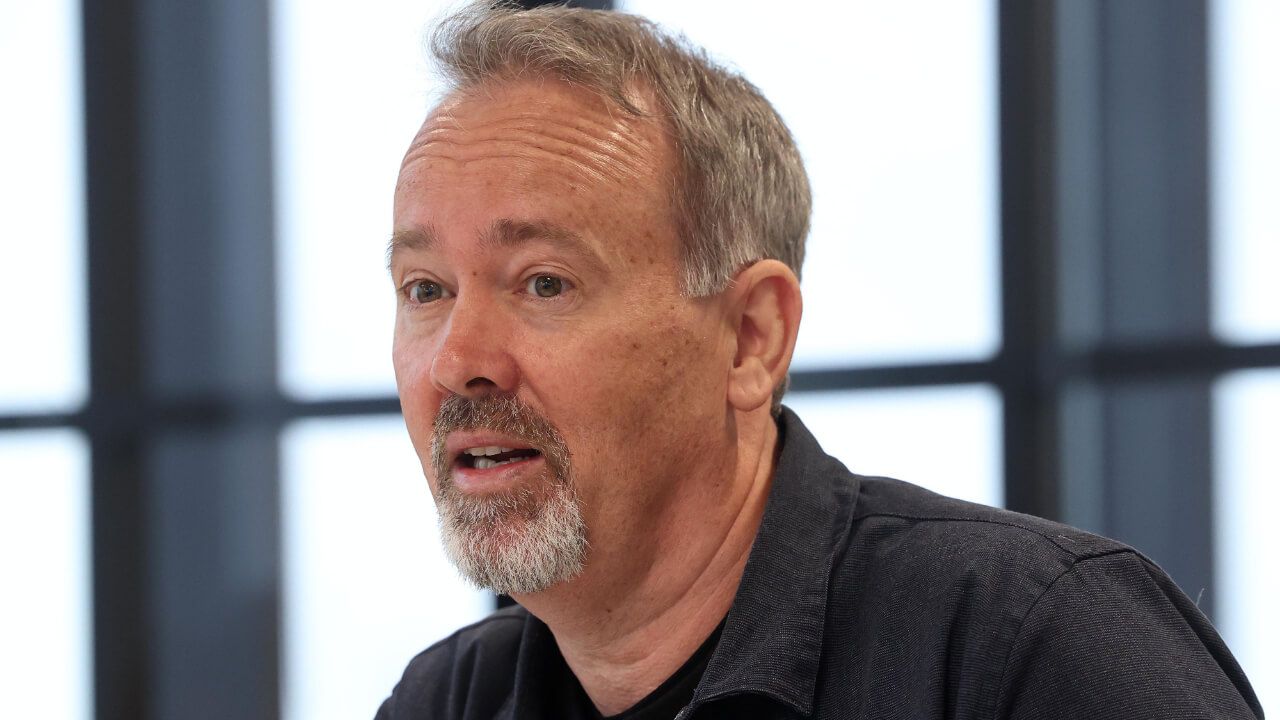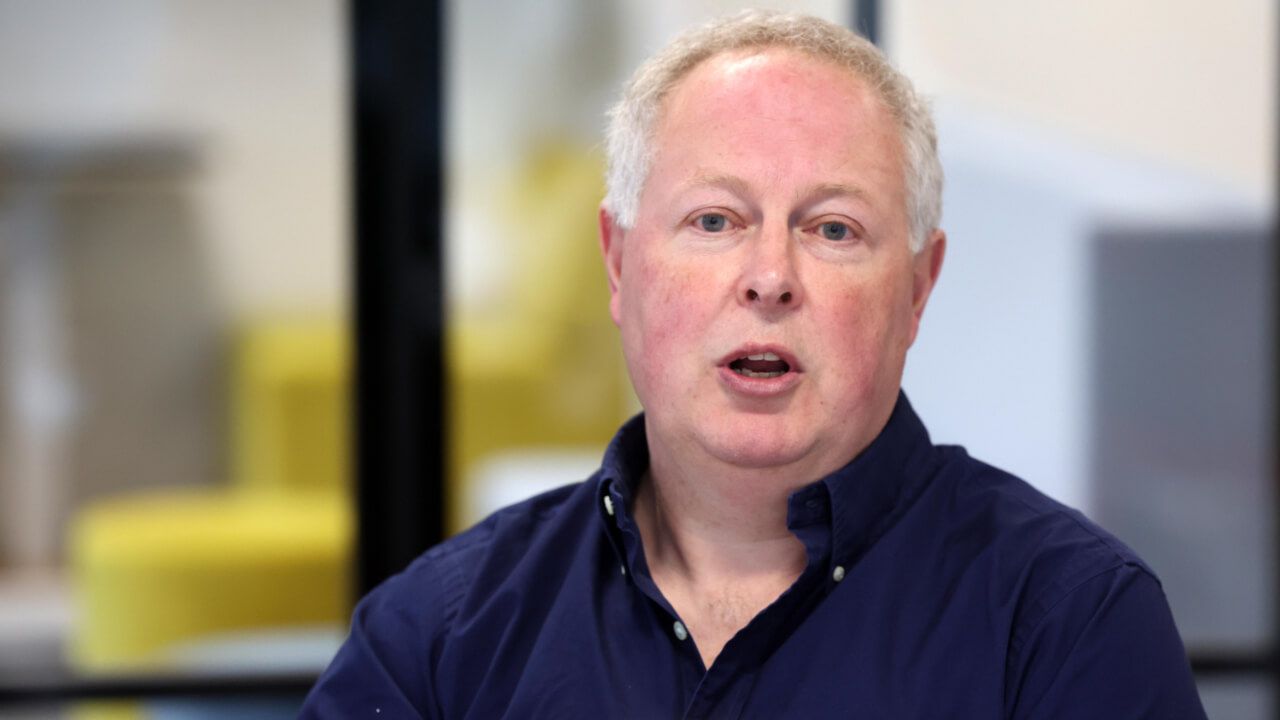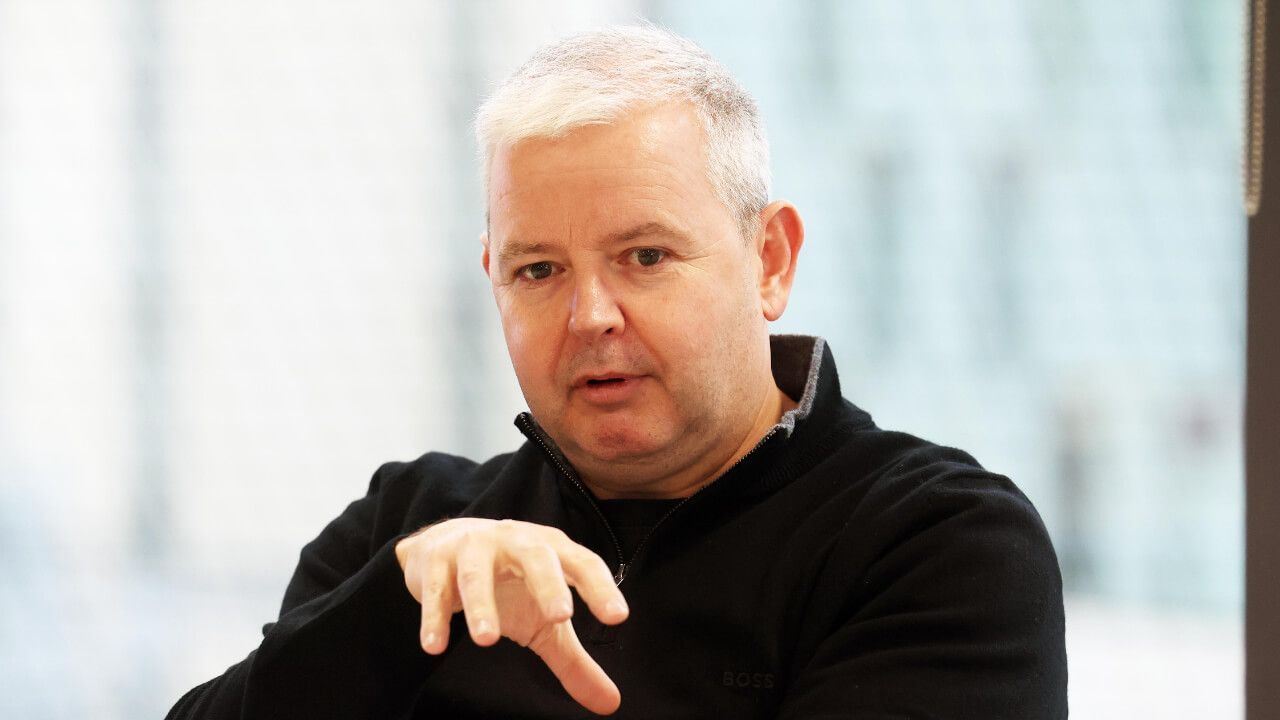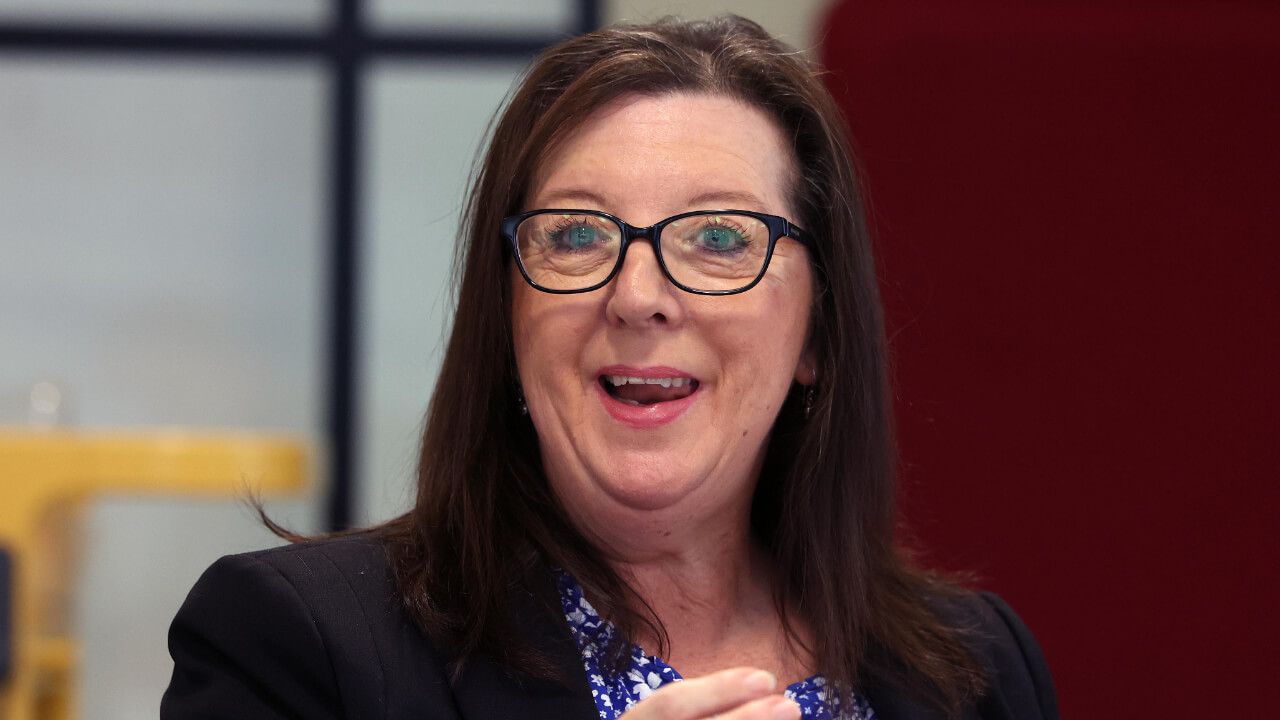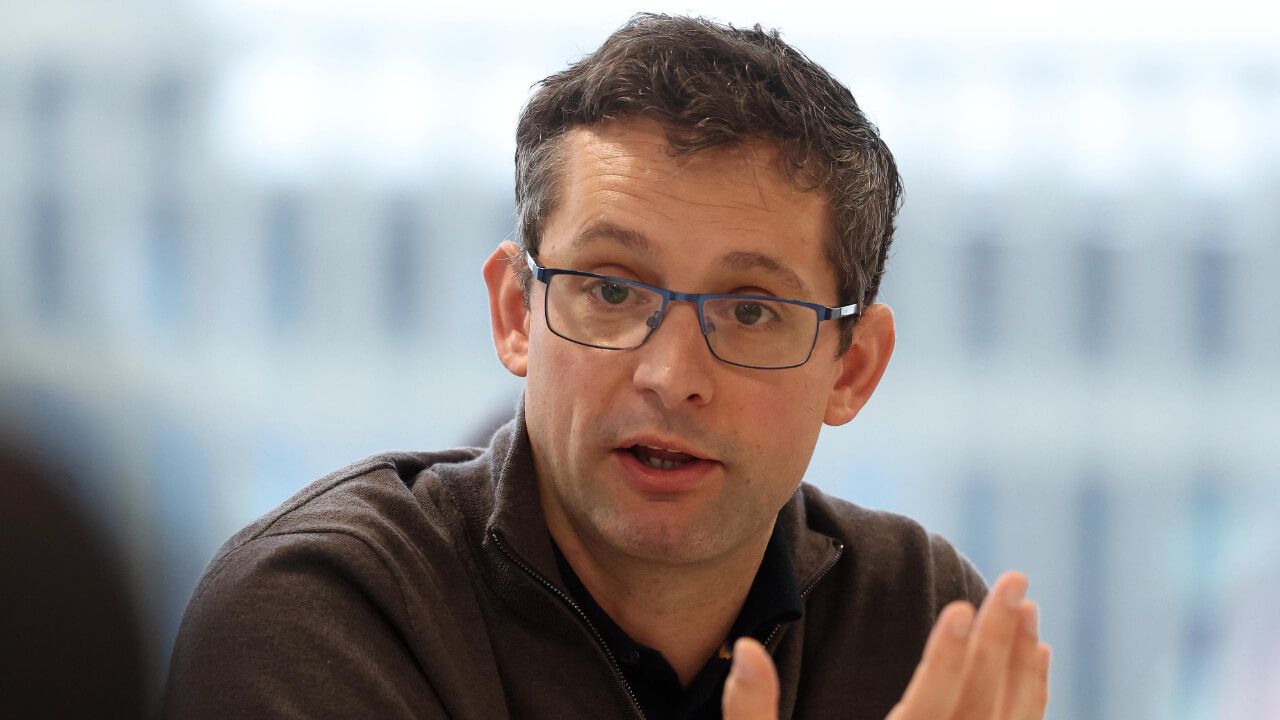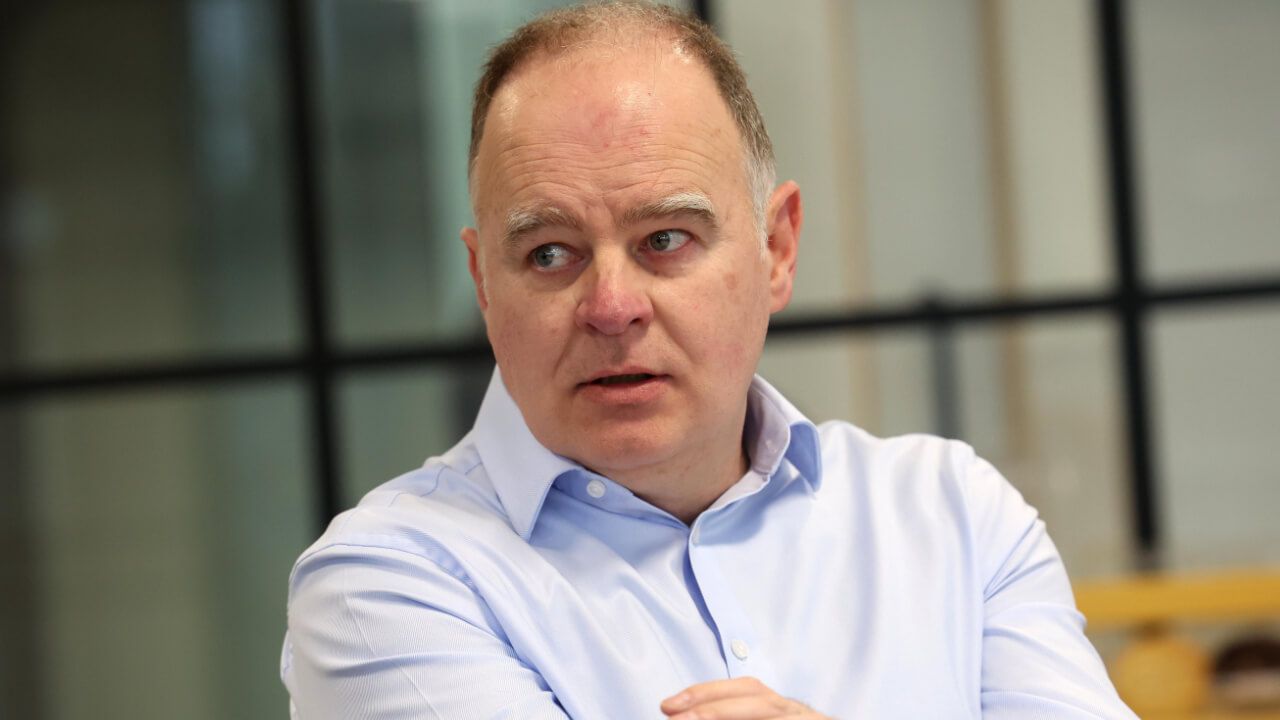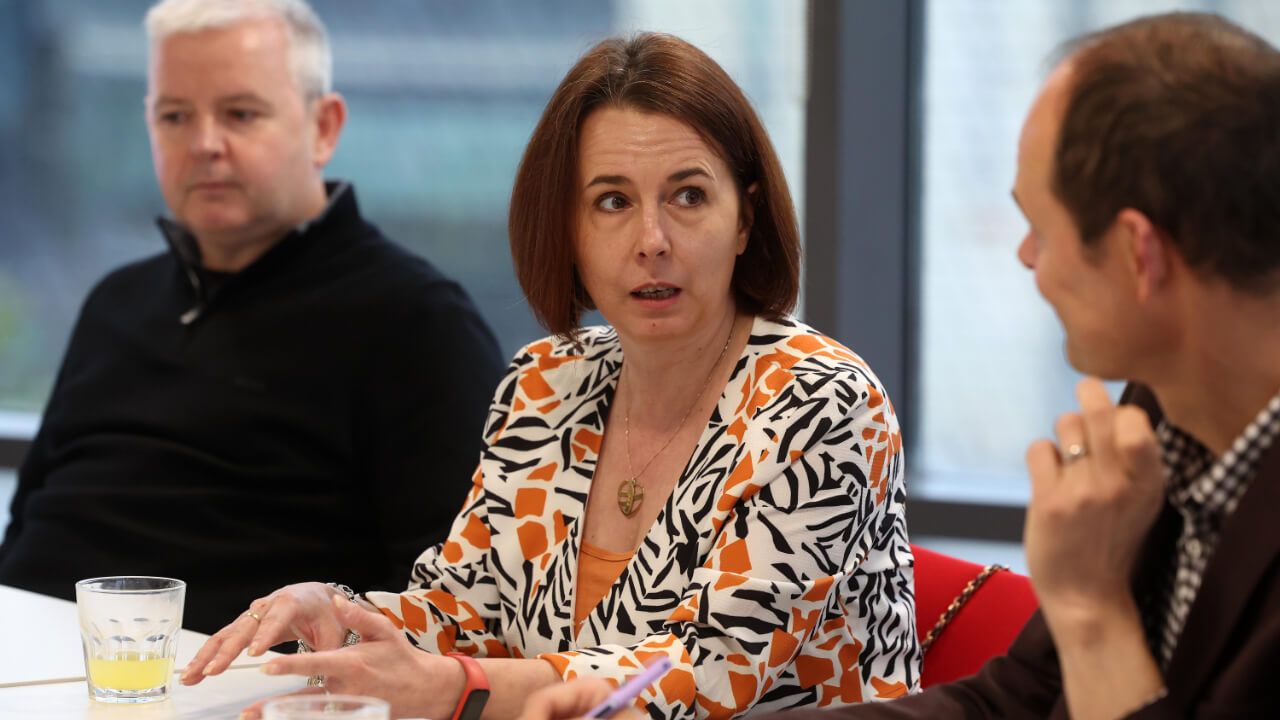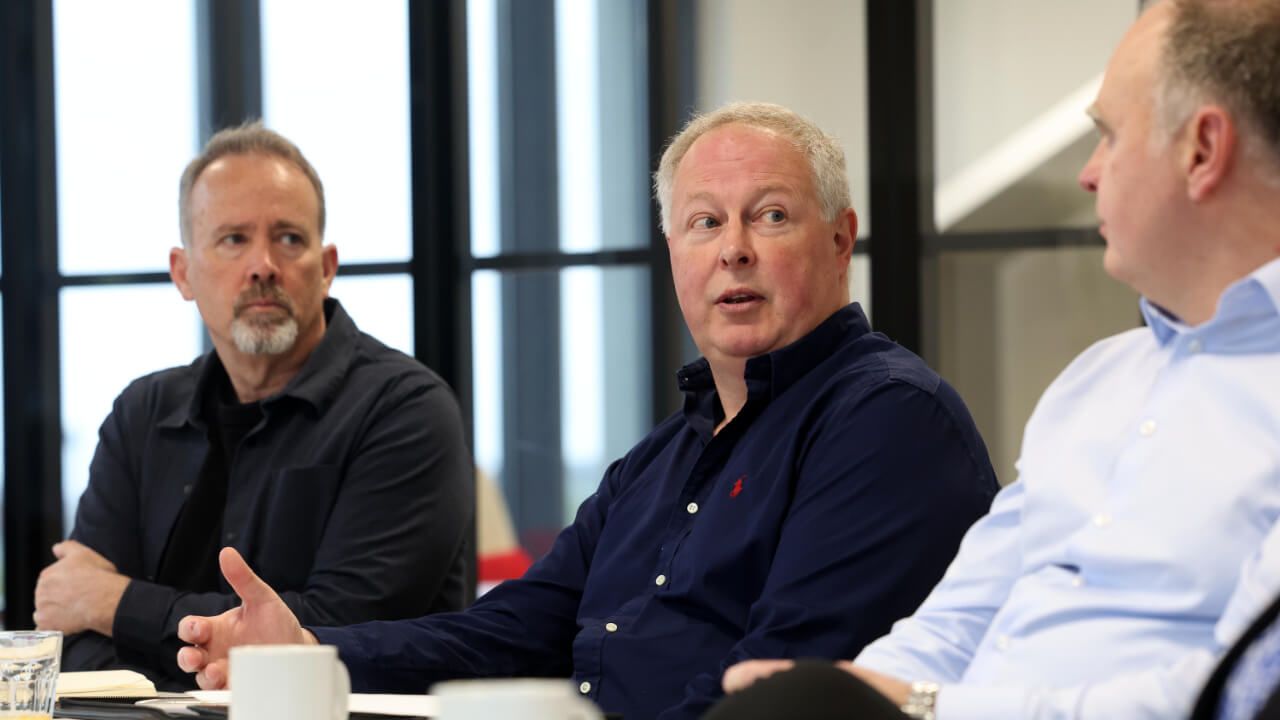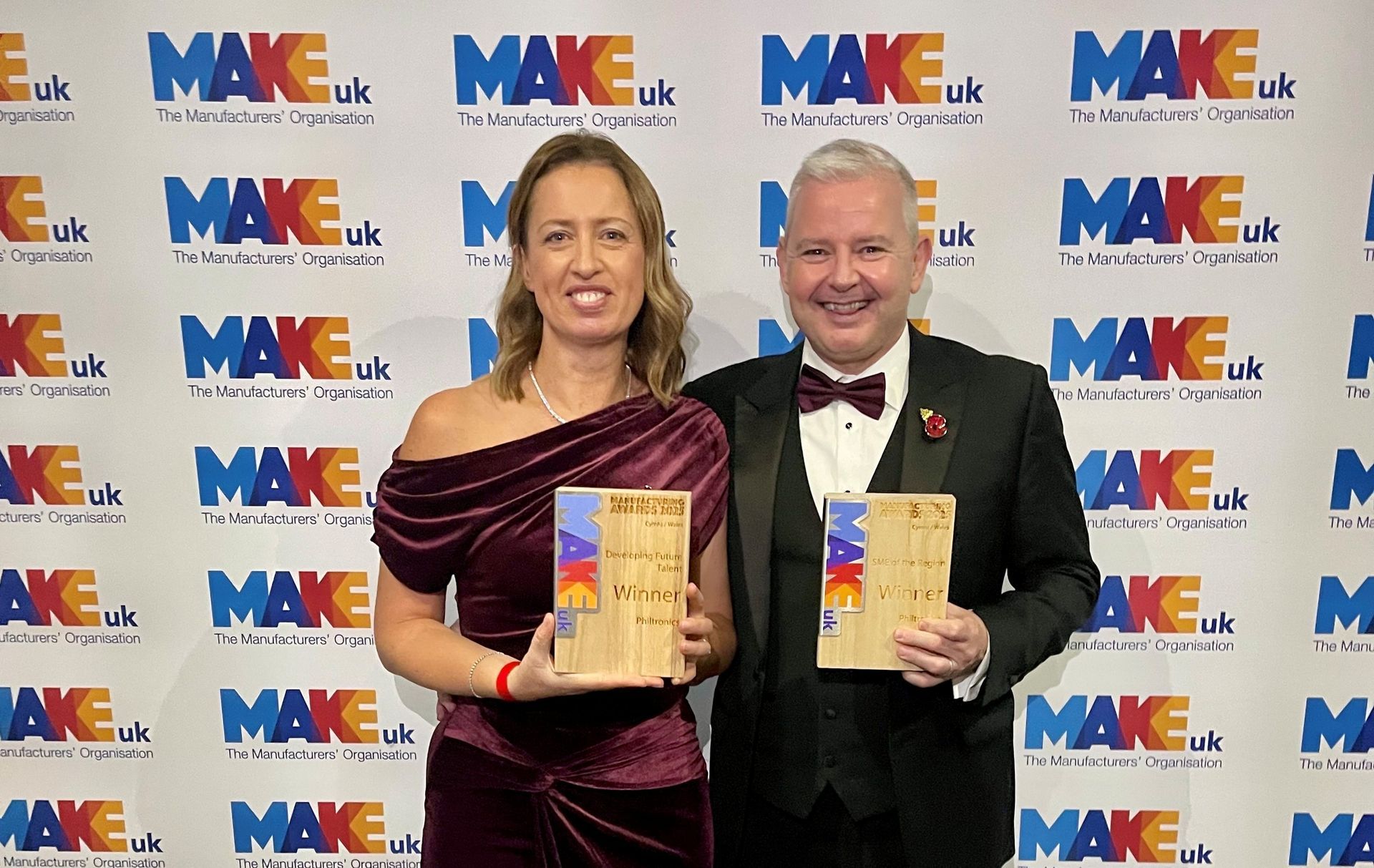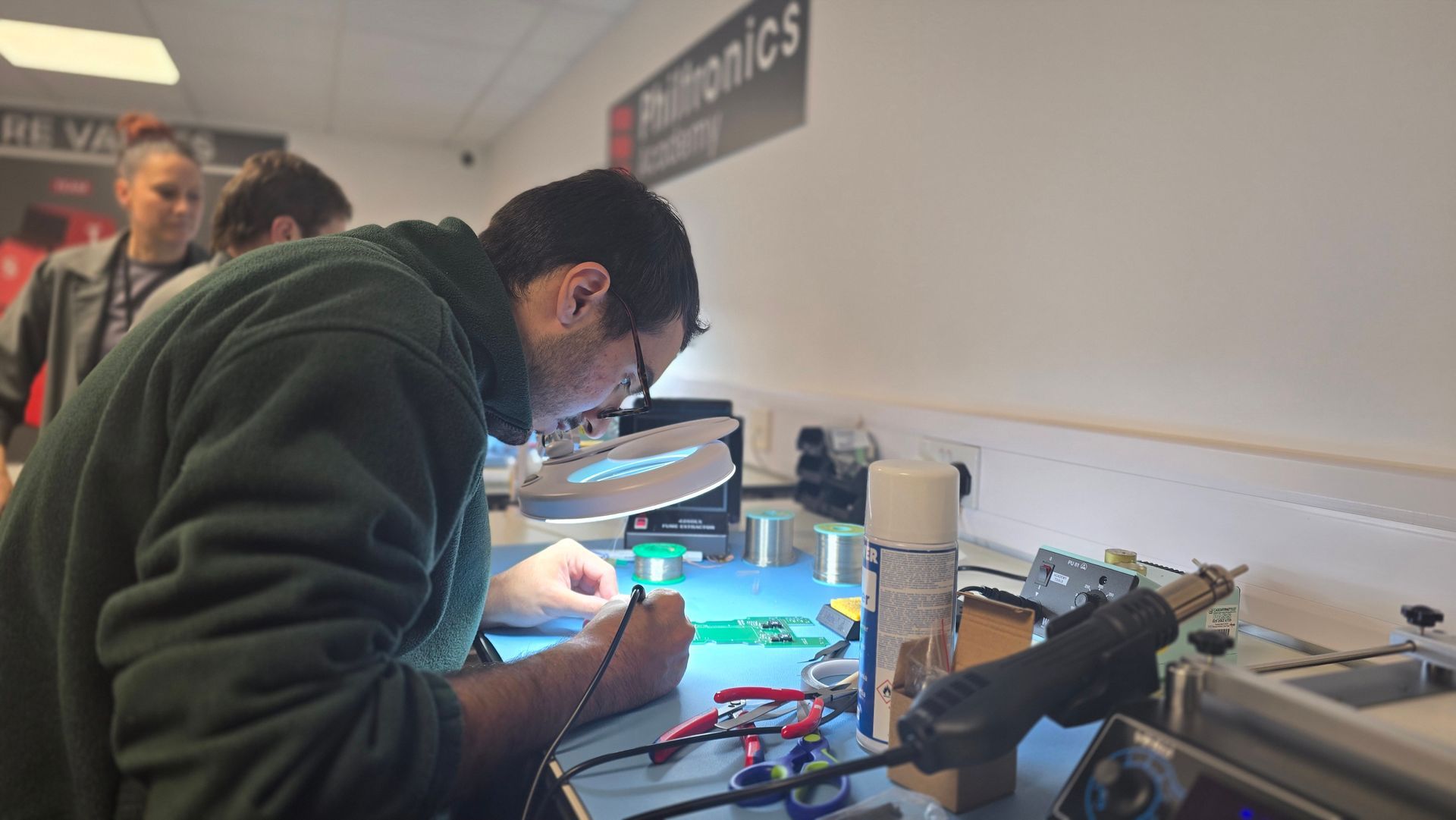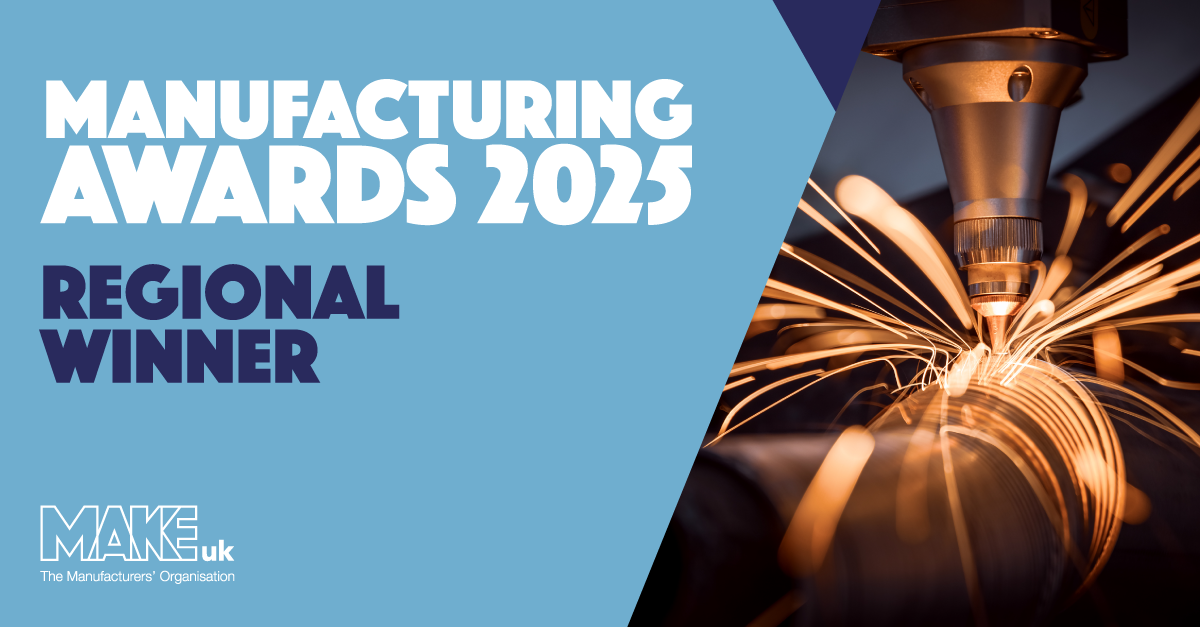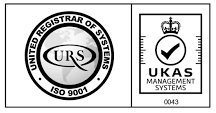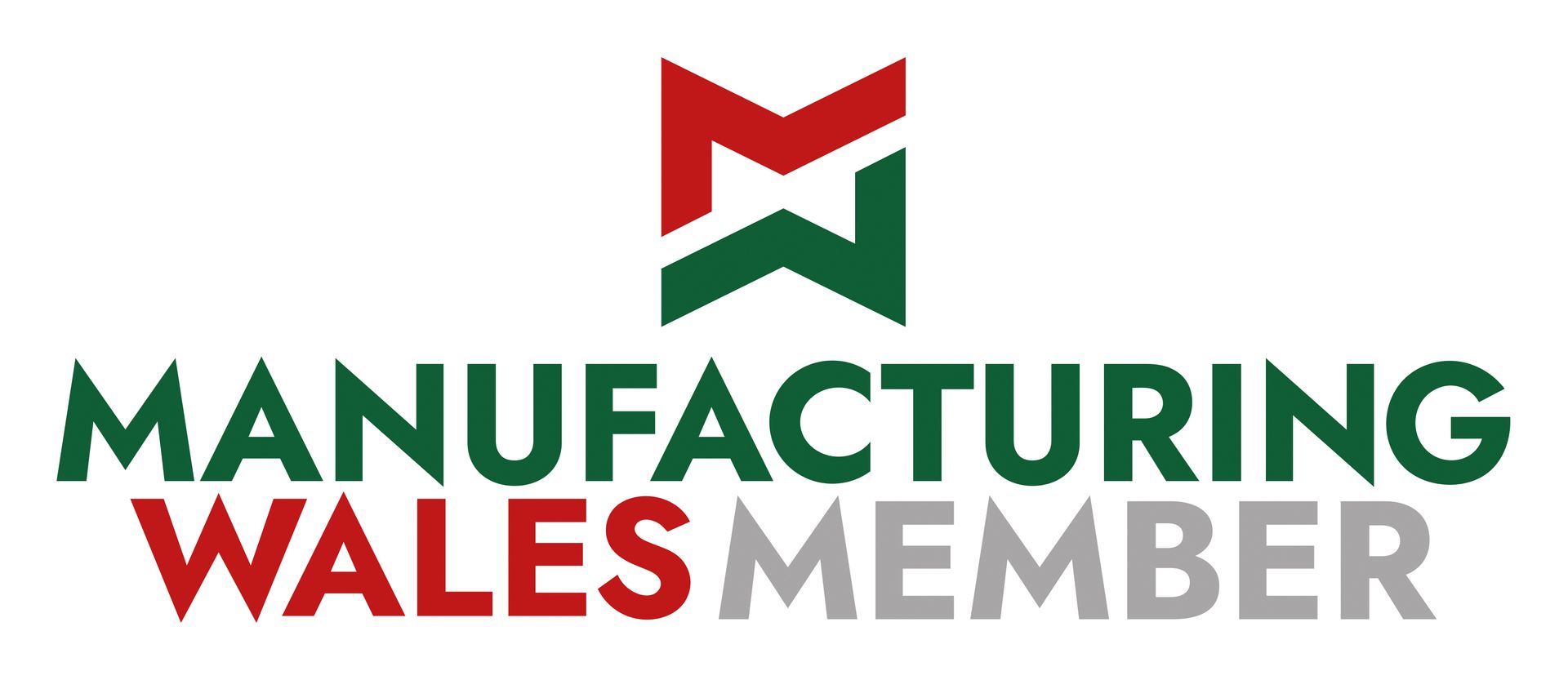Profitable sales: Find a niche that you can go after to make good volumes, and make some good money out of it. Working with Aldi and Lidl opened up markets for us.
Investment: We're getting more requests to produce alcohol and soft drinks than ever before. I need to make it as efficiently as possible. I need to get the machinery in place.
Support: If I’m helped to stay and invest in Wales, I’m here. But if not, being an entrepreneur, if I can get Holland or England to set up a manufacturing plant with me, and get the right level of investment, I’m gone tomorrow.
Recruitment: It was hard to get people. Recently, that's changed. People want to get back into work.
Skills and automation: We are having to teach people how to read and write, because the skills gap is that basic at the moment. The future of manufacturing is to have more robotics in the business, pay engineers more and have less people working. That takes the issue of recruitment, training, development and managing people away.

